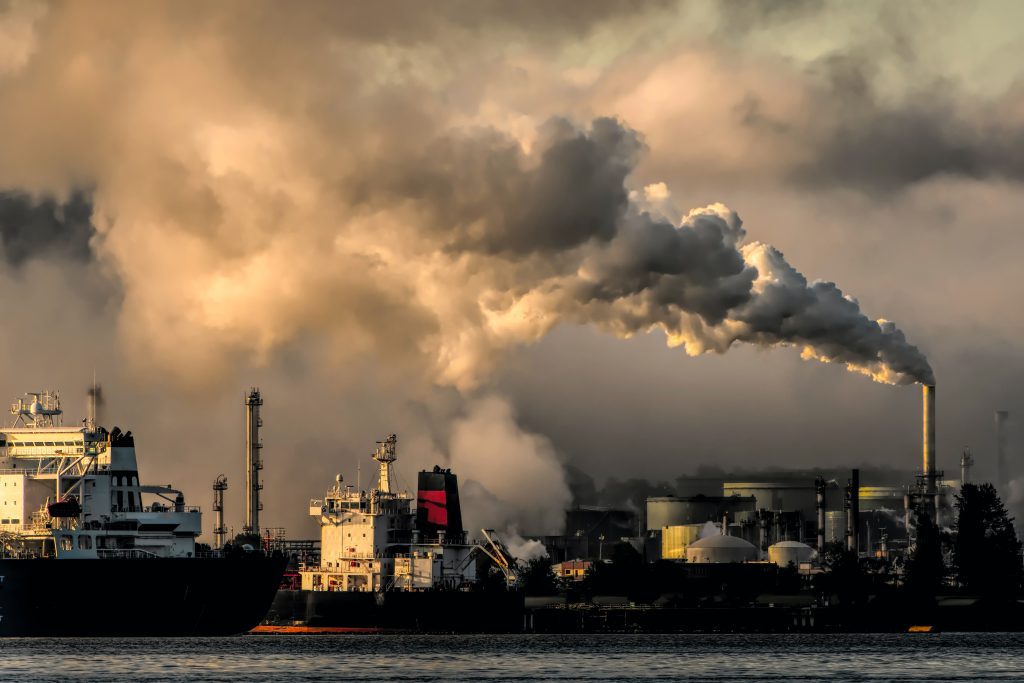Resources > Our Business
Carbon Leakage

Carbon leakage is a term used to describe the phenomenon where emissions are simply shifted from one country to another, rather than being reduced globally. This can happen for several reasons:
- Emissions policies: When a country implements policies to reduce its emissions, such as carbon taxes or emissions trading systems, and companies move their production to countries with less stringent regulations or lower carbon prices.
- Environmental policies: If a country adds a premium to certain fuels or commodities due to environmental policies, the demand for these items may decline, and their price may fall. Countries without such premiums may then take up the demand and use the same supply, negating any emissions benefits.
Carbon leakage is a problem because it negates the efforts of countries to reduce emissions and undermines the effectiveness of global efforts to combat climate change. If companies can continue to emit greenhouse gases without facing consequences, there is no real incentive for them to reduce their emissions.
Carbon leakage also affects the competitiveness of industries in countries with strong environmental regulations. If these industries are forced to pay for their emissions while their international competitors do not, it puts them at a disadvantage in the global market.
To address the issue of carbon leakage, governments around the world are implementing policies such as the Carbon Border Adjustment Mechanism (CBAM). CBAM imposes a carbon tax on imported goods that are carbon-intensive, such as cement and electricity, from countries with weaker regulations. This makes it more expensive to import these goods and incentivizes companies to reduce emissions and produce more sustainably.



